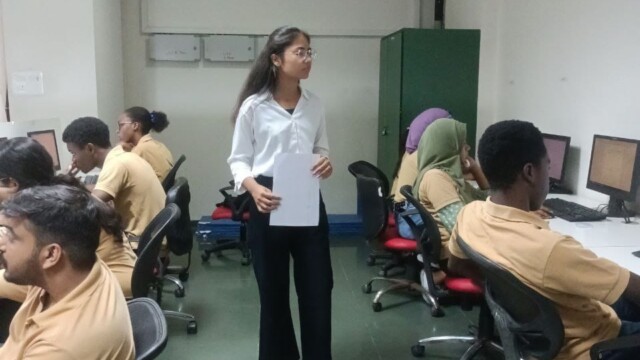WOMEN’S CELL
Preamble
In historical retrospect, women empowerment refers to strengthening the social, economic and educational rights associated with them. It refers to an environment where there is no gender bias and both men and women have equal rights in community, society and workplaces.
Today, according to data available and published on the internet, the world population of women account to almost 50%, and so women have a right under equal footing with men, similar to the two wheels of a cart, similarities in terms of aspects associated with role-function, responsibilities, actions, etc, so as to offer growth and development and sustenance in this human endeavor of society and living.
Some of the points that I would like to bring to the spotlight is about the importance of women/girl education for socio-economic benefits and social sustenance. This is being initiated with strong consciousness at Marwadi University through the arm of “Women Cell”.
Benefits and Importance of Women’s Education
- 1. Economic Development and Prosperity:
- Education will empower women to come forward and contribute towards the overall development, growth, and prosperity of the country, as both men and women contribute towards growth in strategic sectors’ and life.
2. Quality Lifestyle:
- Education helps a woman to earn livelihood, become independent, and live a respectful, happy, healthy and meaningful life.
3. Good Mental and Physical Health:
- Educated women can work the profession they want to and fulfill their dreams and goals in life. Working at an honourable place will bring them mental peace and professional satisfaction.
- Educated women are sensitive to the importance of health and hygiene. Through health education, they are empowered to lead a healthy life-style. Educated mothers can take better care of themselves, their siblings, and family and the village environments.
4. Dignity and Honour:
- Educated women become a source of inspiration for millions of young girls who make them their role-models.
5. Justice:
- Educated women are better informed of their rights for justice. This in effect leads to decline in exploitation, violence, and injustice against women such as dowry, prostitution, child-marriage, etc.
6. Equality & Choice of Profession:
- Equality in choosing education empowers women in many aspects. A girl / woman can prove to be highly successful in chosen profession in life, such as become a successful doctor, engineer, scientist, nurses, air-hostesses, cook, or even work as an officer in the armed forces, civil services, police force, or pursue political endeavours as well.
7. Alleviate Poverty:
- Women education is quintessential to alleviate poverty. This demands massive contributions from educated women. There cannot be many social and economic changes unless women are given their rights for education.
The empowerment of women would result in overall development of society both at micro and macro level. Active participation of women in economic activities and decisions would contribute towards overall economic development.



Social Challenges in the Indian Context
The challenges/barriers coming in the way of women empowerment are:
What MU Women’s Cell is attempting to do:
Prof. Foram Rajdev
Chairperson – Women’s Cell

Committe Members

Chair
CHIEF COORDINATOR
Mathematics

Dept. Coordinator
Chemical Engineering

Dept. Coordinator
Computer Application

Dept. Coordinator
Information Technology

Dept. Coordinator
Faculty of Management Studies

Dept. Coordinator
Computer Engineering-Diploma

Dept. Coordinator
Electrical Engineering

Dept. Coordinator
Mechanical Engineering

Dept. Coordinator
Civil Engineering

Dept. Coordinator
Department of Computer Engineering

Dept. Coordinator
Pharmacy

Dept. Coordinator
Information and Communication Technology

Dept. Coordinator
Law

Dept. Coordinator
Mathematics

Dept. Coordinator
International Relations

Dept. Coordinator
Faculty of Science

Dept. Coordinator
Information and Communication Technology
FAQs
1. Any disorderly conduct whether by words spoken or written or by an act which has the effect of teasing, treating or handling with rudeness a fresher or a junior student.
2. Indulging in a rowdy or undisciplined activities which causes or is likely to cause annoyance, hardship or psychological harm or to raise fear or apprehension thereof in a fresher or a junior student.
3. Asking the students to do any act or perform something which such student will not do in the ordinary course and which has the effect of causing or generating a sense of shame or embarrassment so as to adversely affect the physique or psyche of a fresher or a junior student.
2. Indulging in a rowdy or undisciplined activities which causes or is likely to cause annoyance, hardship or psychological harm or to raise fear or apprehension thereof in a fresher or a junior student.
3. Asking the students to do any act or perform something which such student will not do in the ordinary course and which has the effect of causing or generating a sense of shame or embarrassment so as to adversely affect the physique or psyche of a fresher or a junior student.
2. Indulging in a rowdy or undisciplined activities which causes or is likely to cause annoyance, hardship or psychological harm or to raise fear or apprehension thereof in a fresher or a junior student.
3. Asking the students to do any act or perform something which such student will not do in the ordinary course and which has the effect of causing or generating a sense of shame or embarrassment so as to adversely affect the physique or psyche of a fresher or a junior student.
2. Indulging in a rowdy or undisciplined activities which causes or is likely to cause annoyance, hardship or psychological harm or to raise fear or apprehension thereof in a fresher or a junior student.
3. Asking the students to do any act or perform something which such student will not do in the ordinary course and which has the effect of causing or generating a sense of shame or embarrassment so as to adversely affect the physique or psyche of a fresher or a junior student.
2. Indulging in a rowdy or undisciplined activities which causes or is likely to cause annoyance, hardship or psychological harm or to raise fear or apprehension thereof in a fresher or a junior student.
3. Asking the students to do any act or perform something which such student will not do in the ordinary course and which has the effect of causing or generating a sense of shame or embarrassment so as to adversely affect the physique or psyche of a fresher or a junior student.
2. Indulging in a rowdy or undisciplined activities which causes or is likely to cause annoyance, hardship or psychological harm or to raise fear or apprehension thereof in a fresher or a junior student.
3. Asking the students to do any act or perform something which such student will not do in the ordinary course and which has the effect of causing or generating a sense of shame or embarrassment so as to adversely affect the physique or psyche of a fresher or a junior student.
2. Indulging in a rowdy or undisciplined activities which causes or is likely to cause annoyance, hardship or psychological harm or to raise fear or apprehension thereof in a fresher or a junior student.
3. Asking the students to do any act or perform something which such student will not do in the ordinary course and which has the effect of causing or generating a sense of shame or embarrassment so as to adversely affect the physique or psyche of a fresher or a junior student.



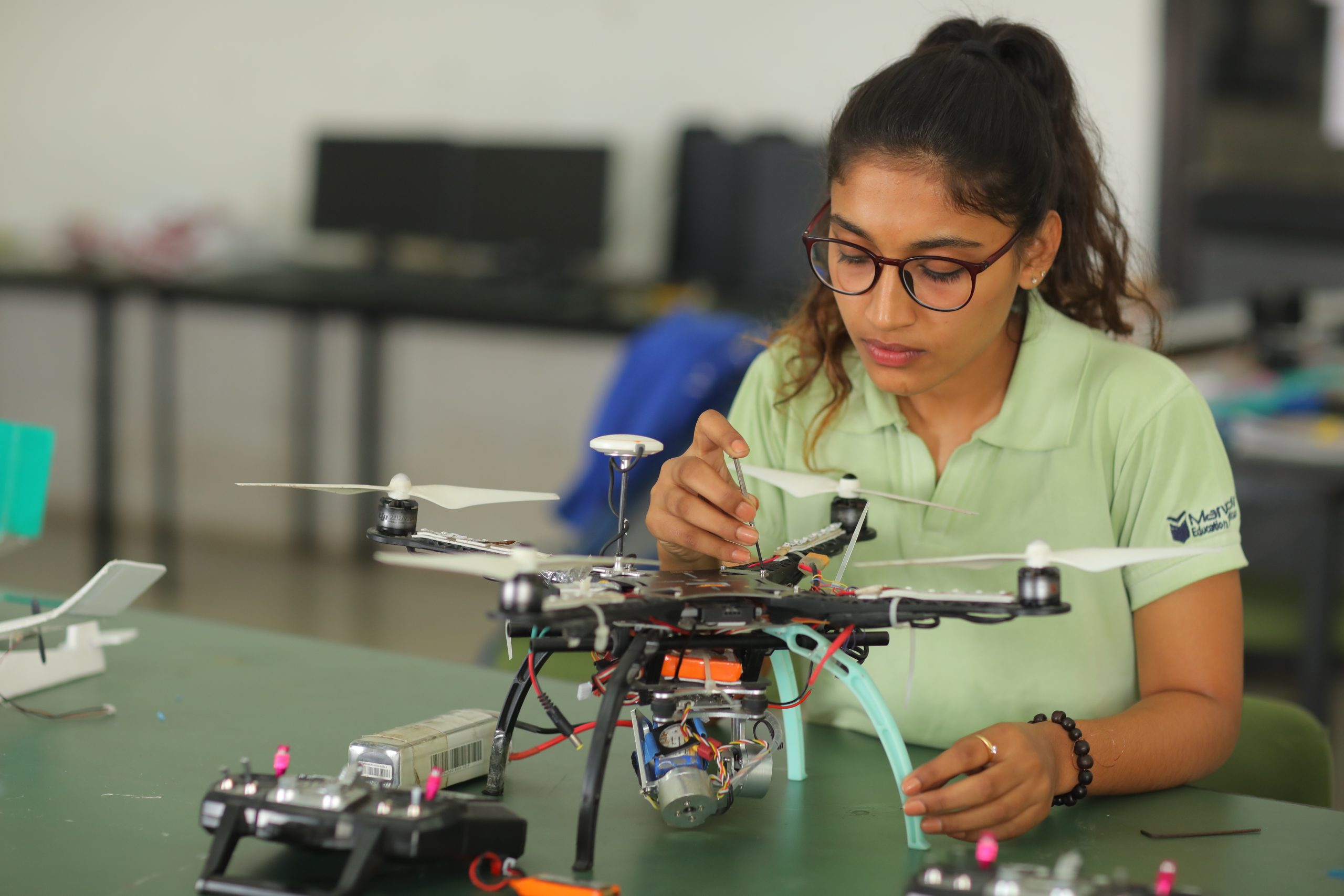

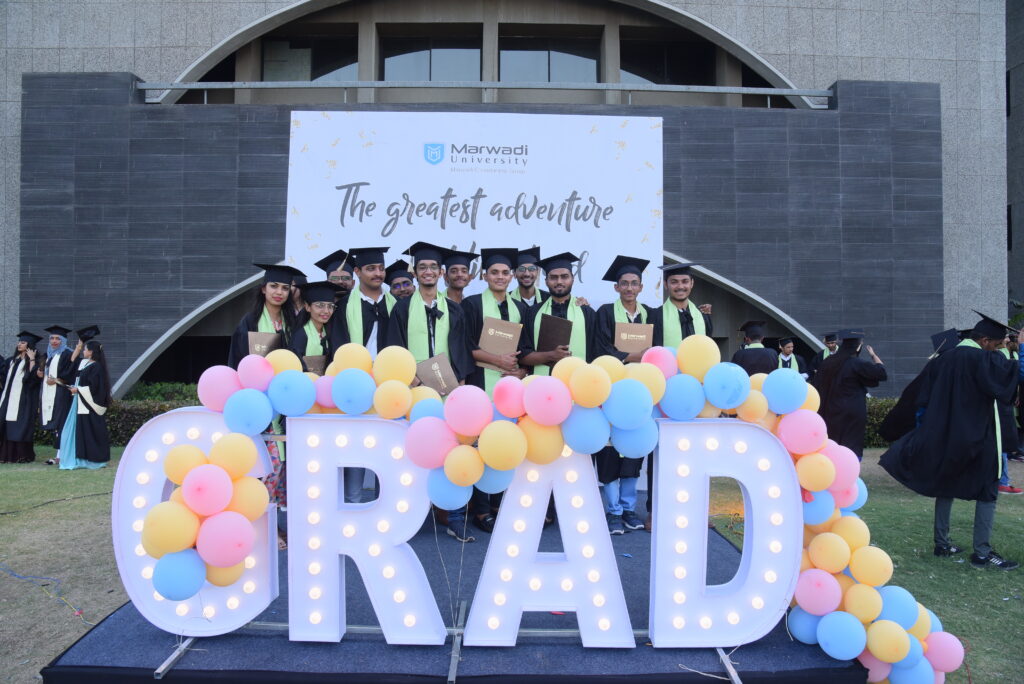
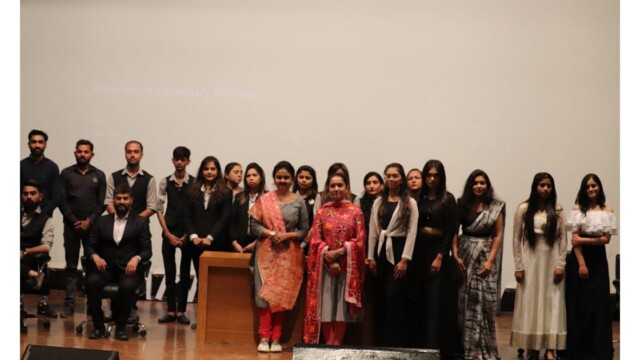



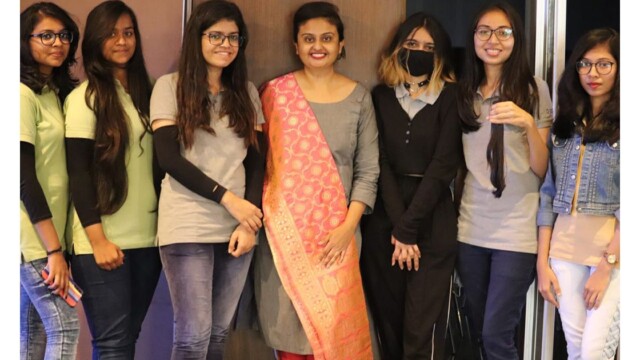
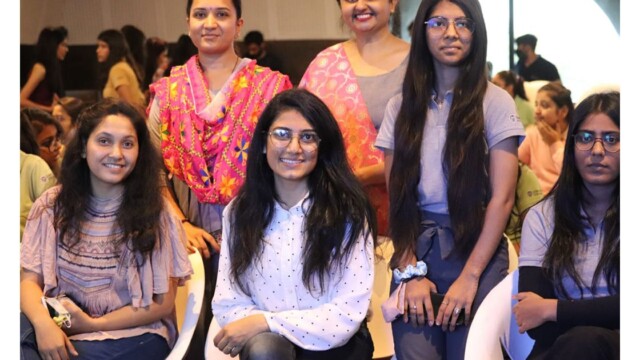



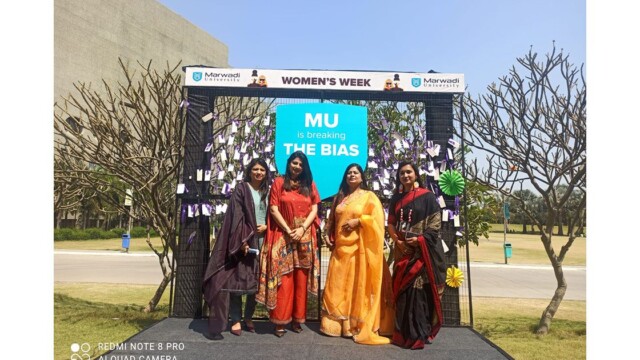
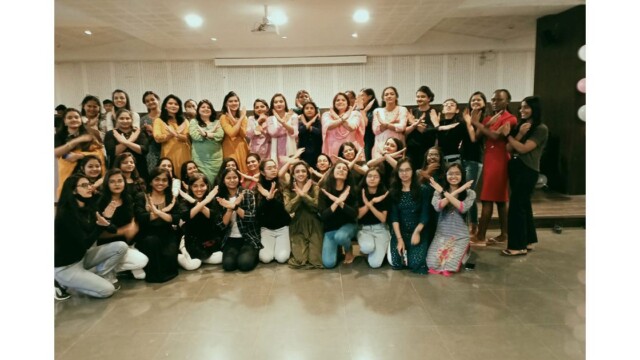
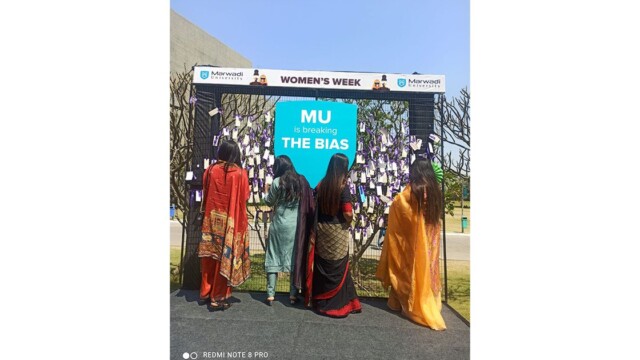
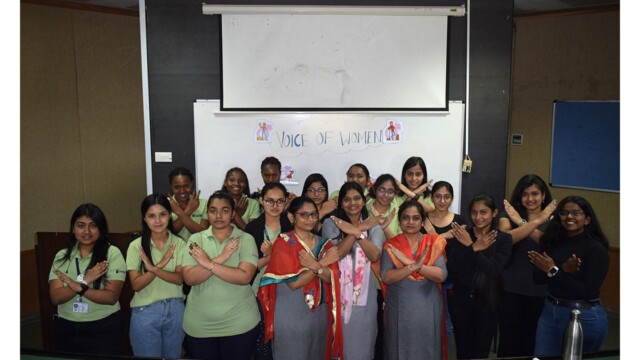
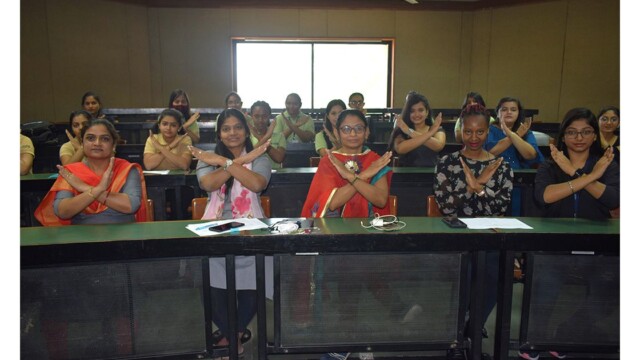
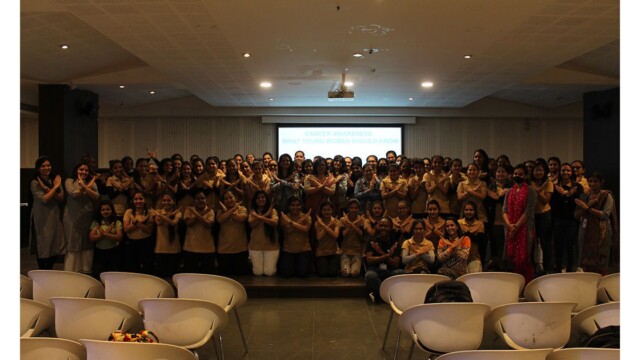
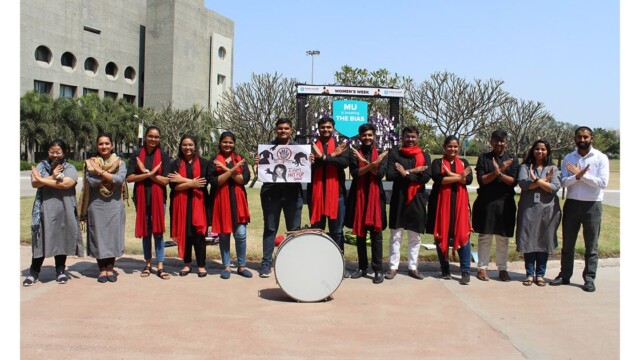
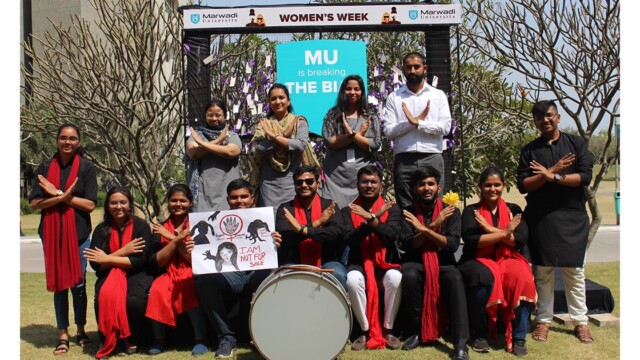
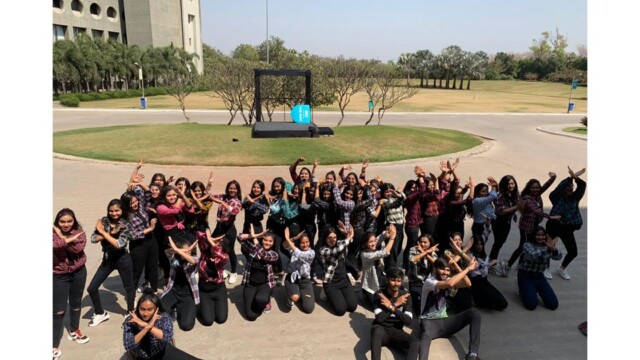
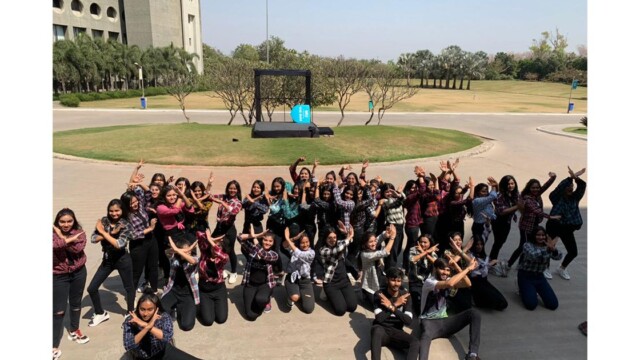
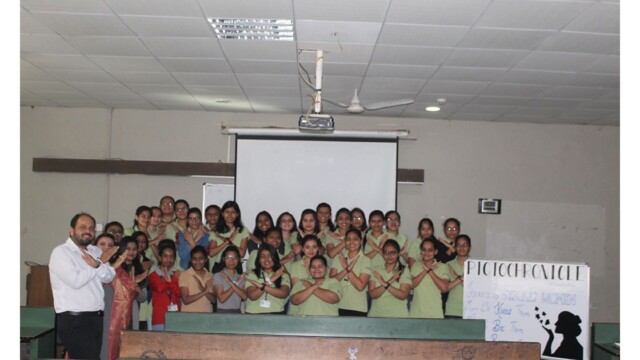
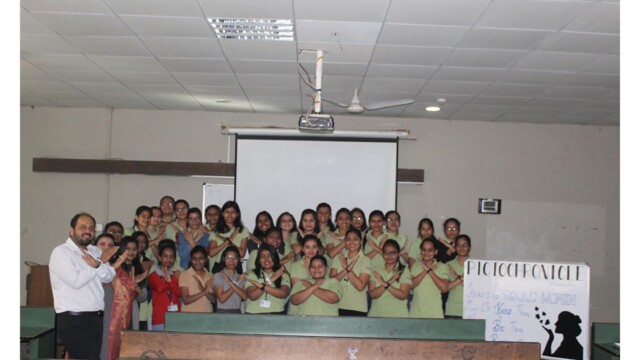

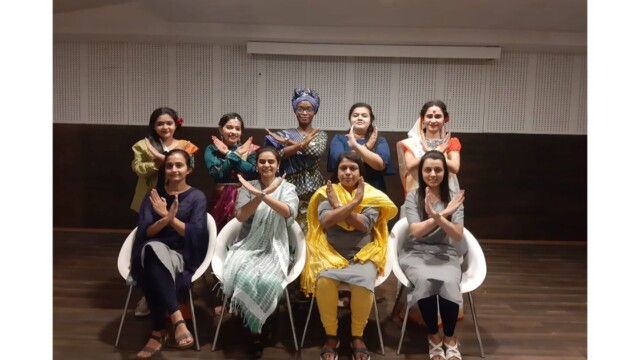


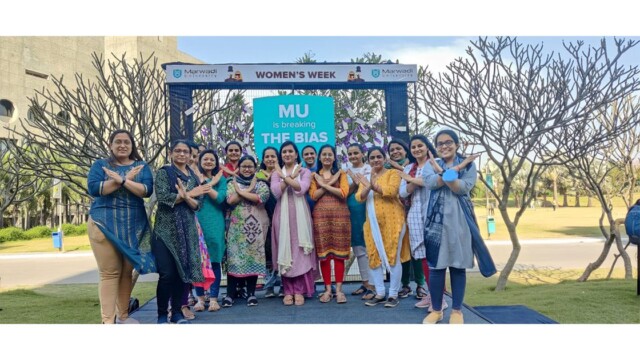
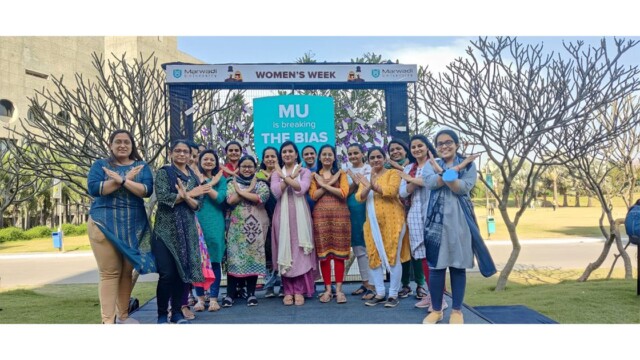
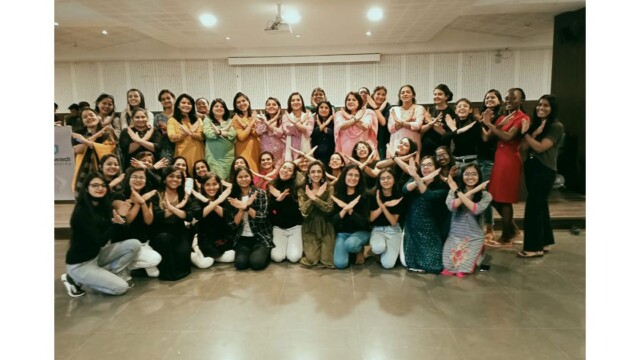
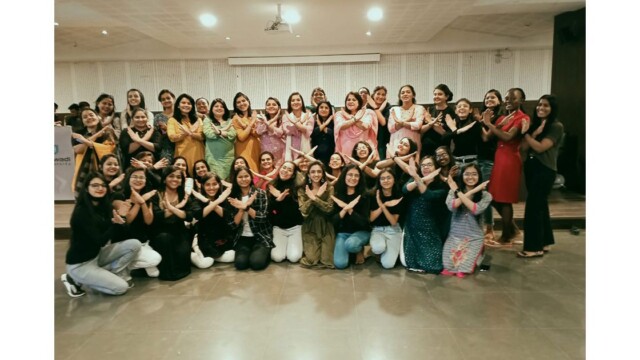
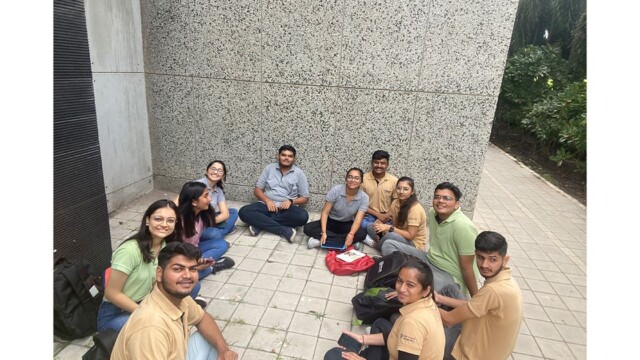
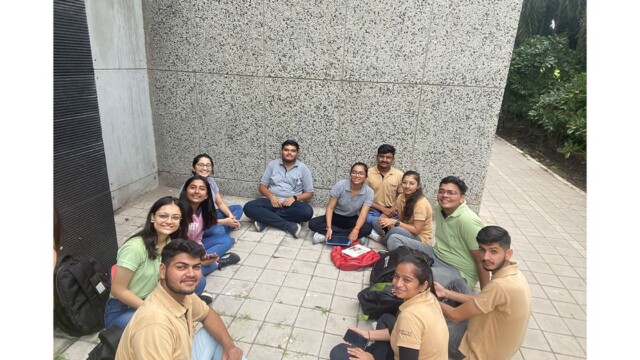
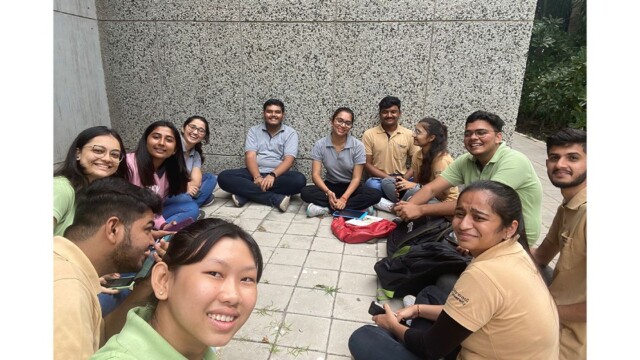
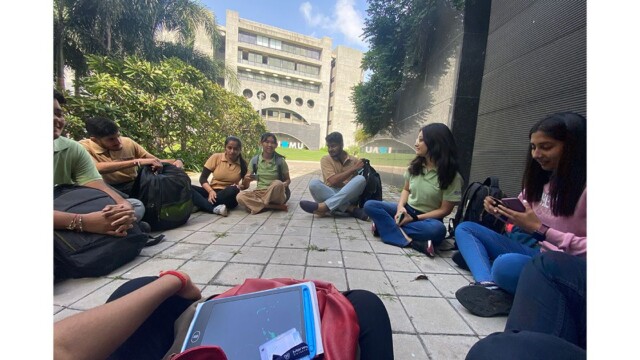
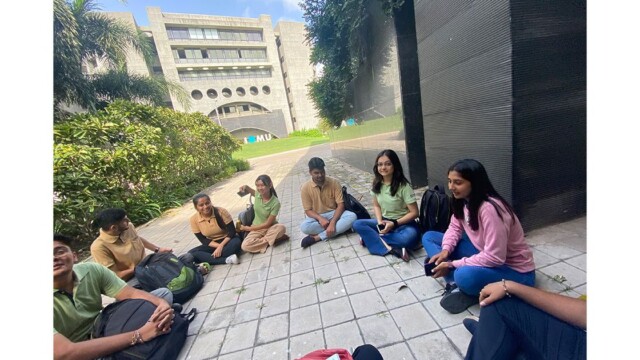
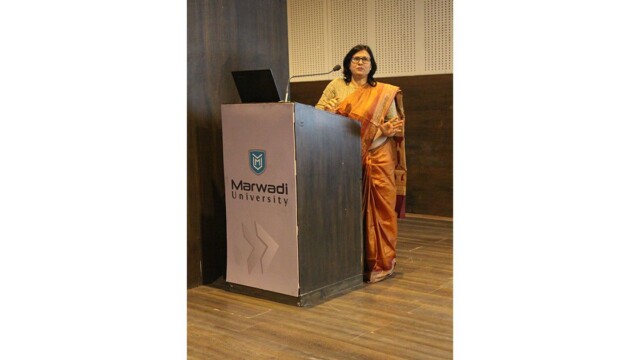
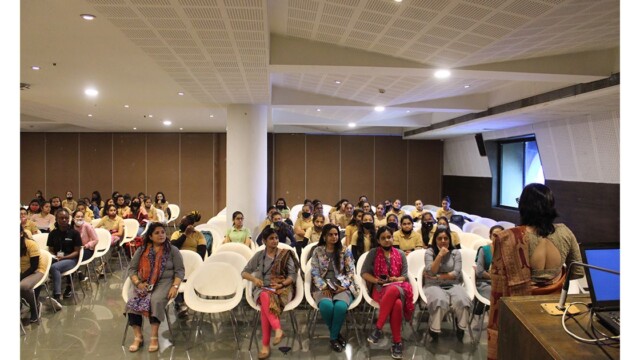
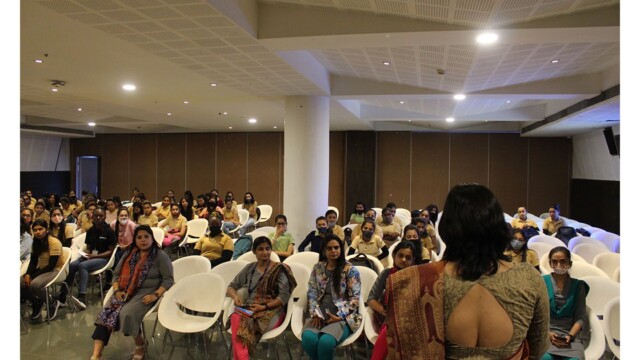
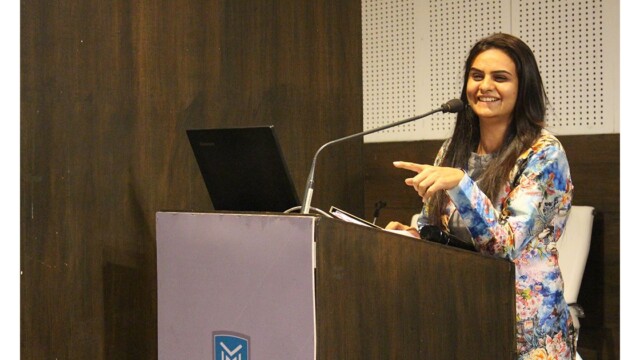
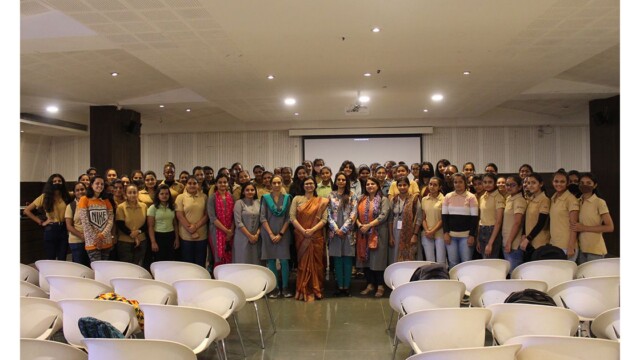
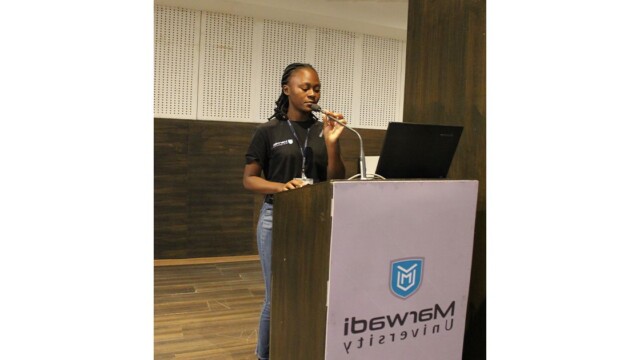
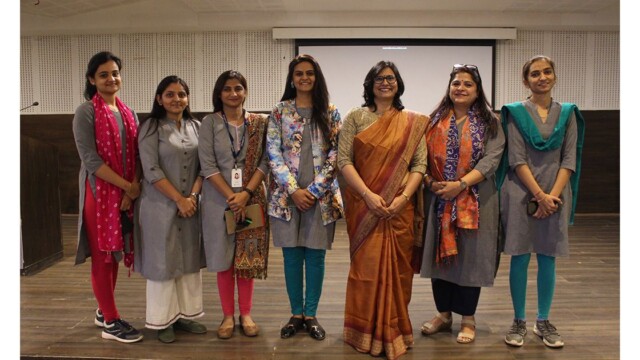
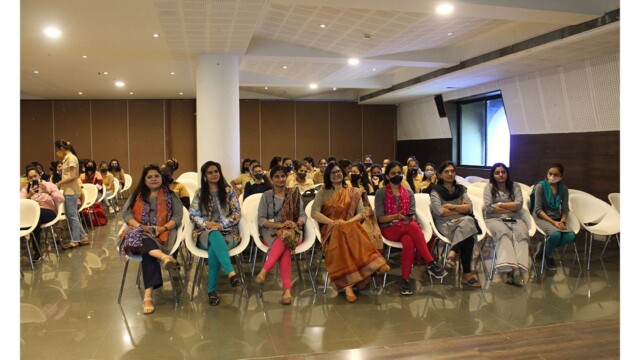
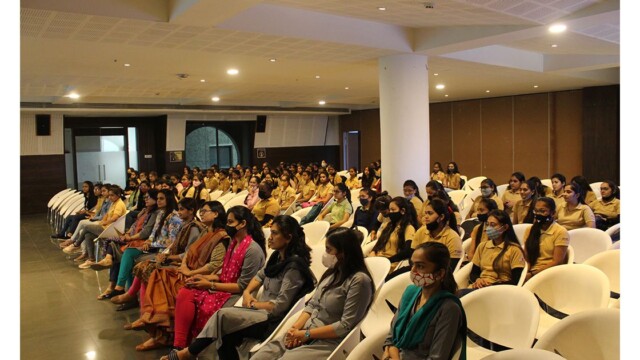











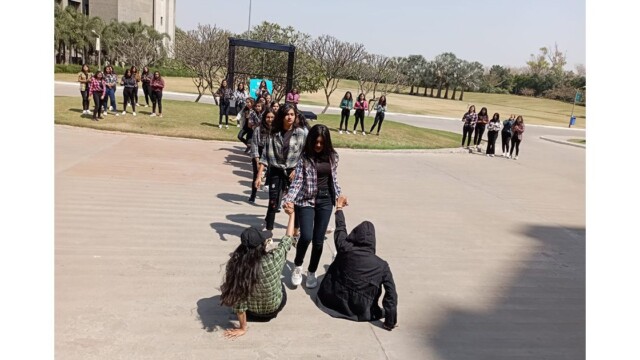

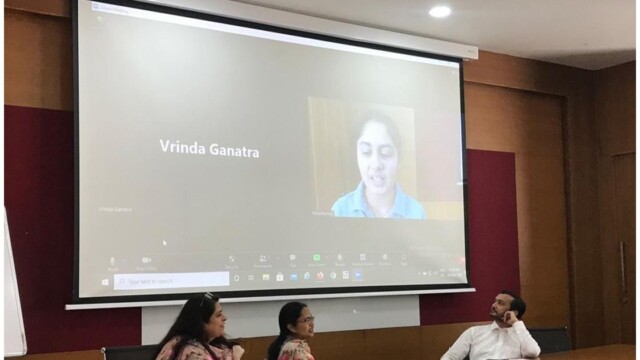
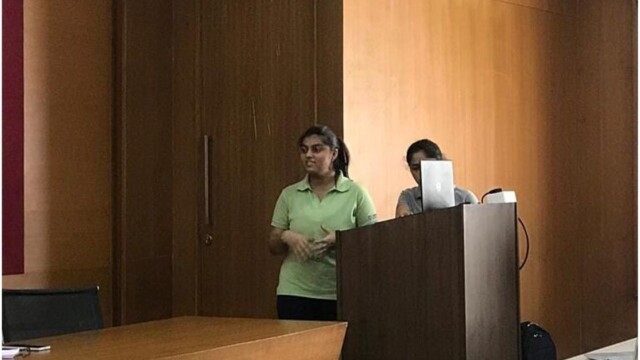
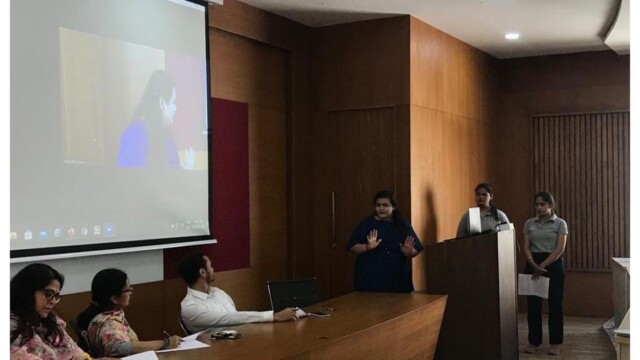

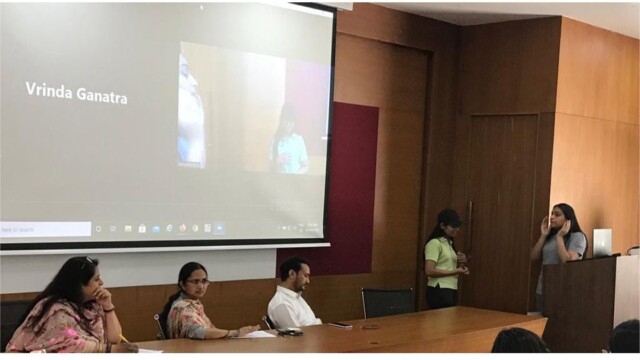

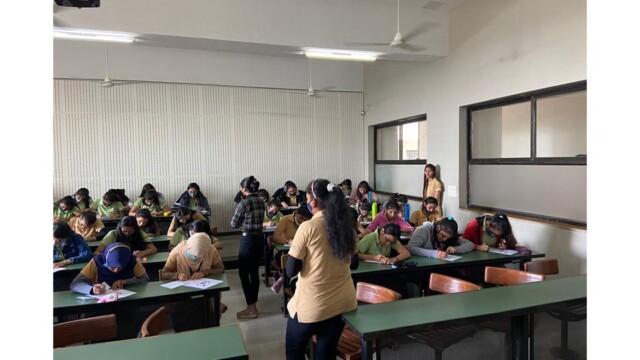
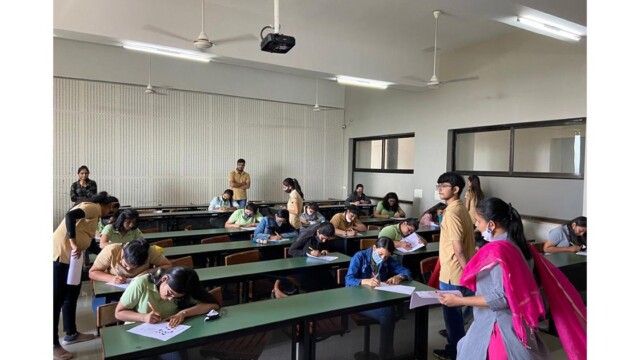
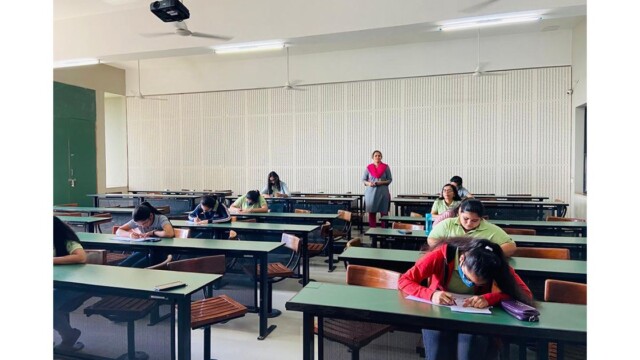
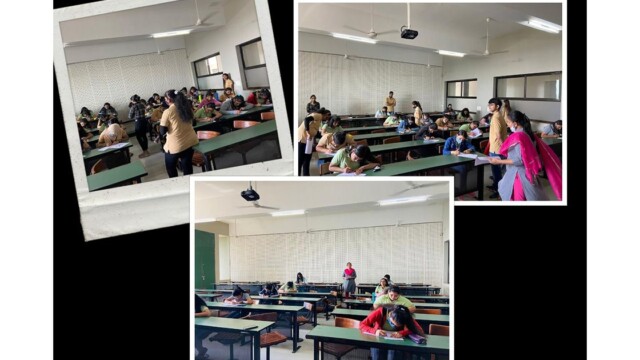










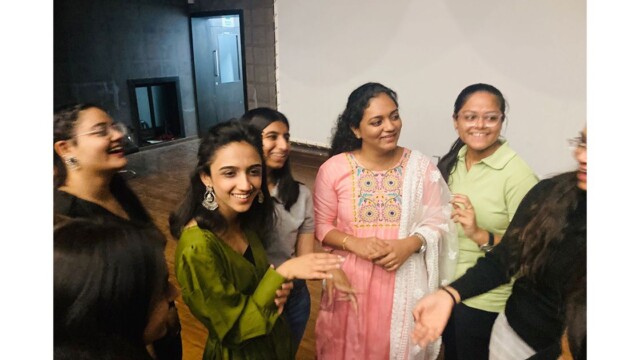
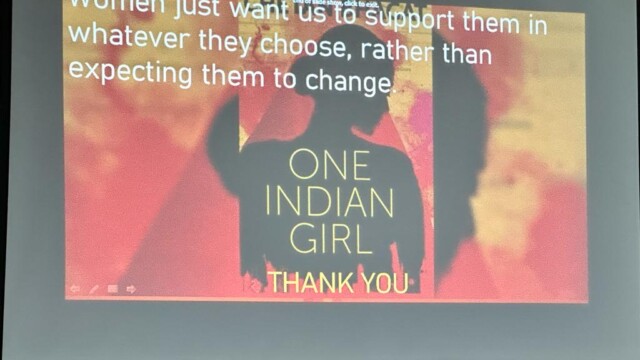






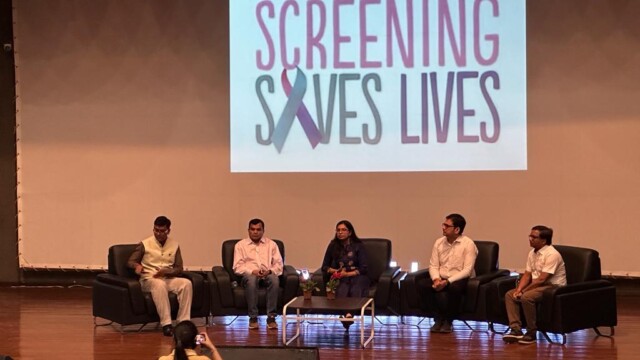

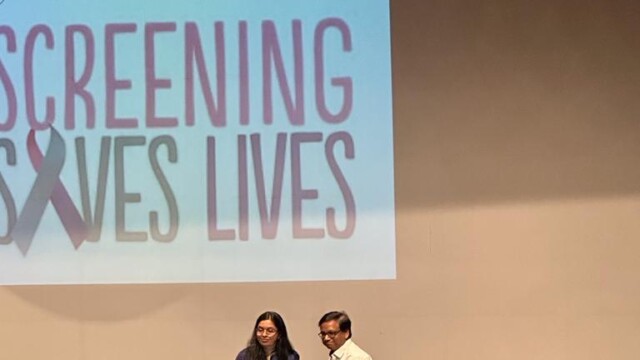
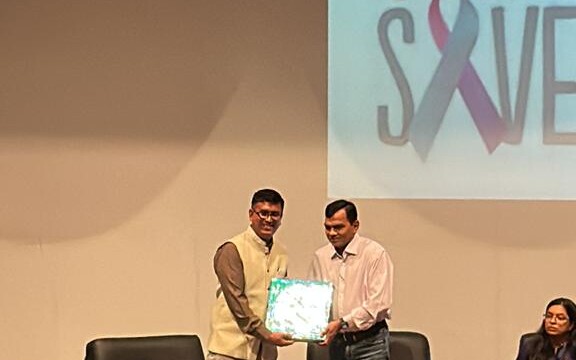
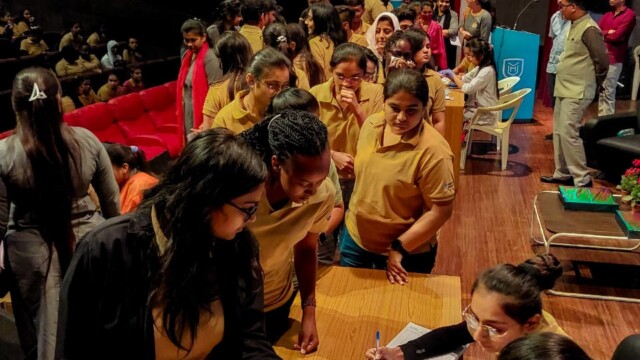
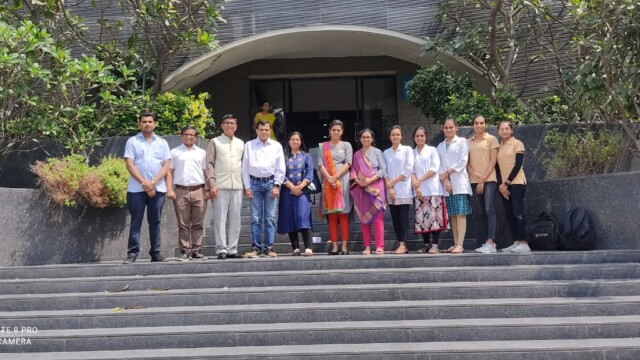
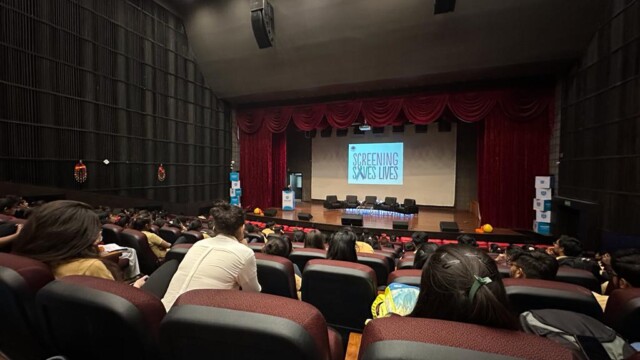

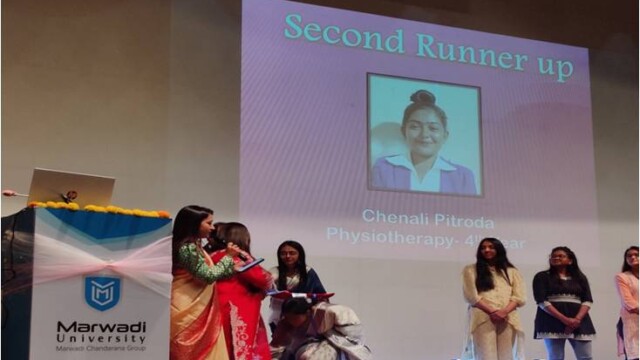









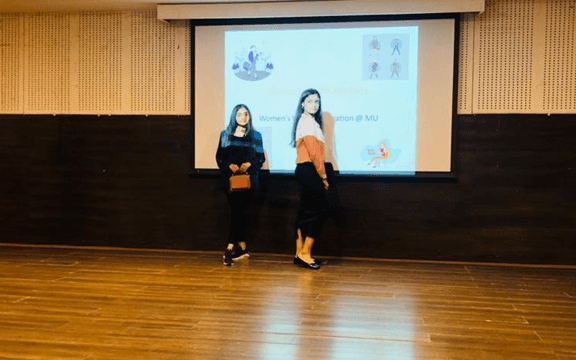








 International Airport
International Airport  Railway Station
Railway Station  GSRTC Bus Port
GSRTC Bus Port 

